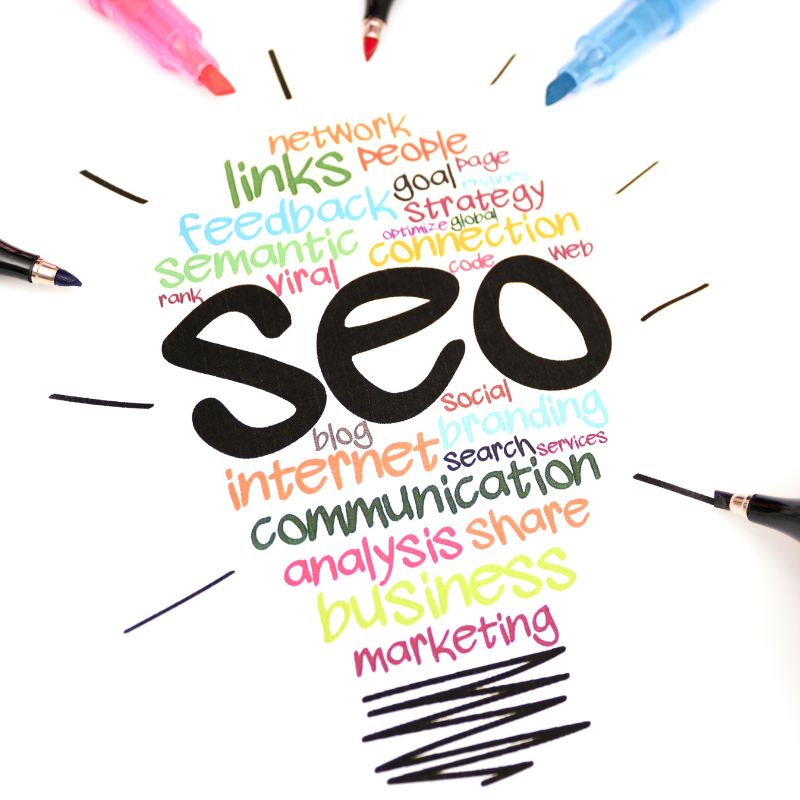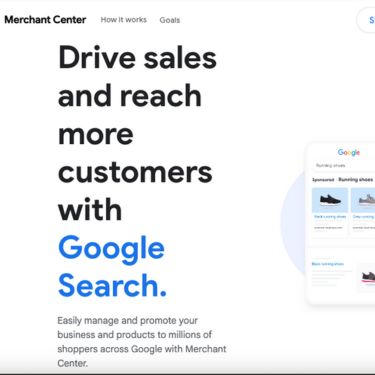Are you curious about how search engine marketing (SEM) works and how it can benefit your business? Search engine marketing is a powerful tool that can help businesses reach their target audience and achieve their marketing goals. In this beginner’s guide, we’ll answer the question of how search engine marketing works, as well as address frequently asked questions about SEM, including what it is, how much it costs, and whether you should advertise on both Google and Bing.
What is Search Engine Marketing?
How does Search Engine Marketing Work?
Here's how search engine marketing works:
- Keyword Research: The foundation of SEM lies in identifying the keywords or phrases that your target audience is likely to use when searching for products or services similar to what you offer. Thorough keyword research helps determine which terms are relevant and have the potential to drive qualified traffic.
- Ad Creation: Once the relevant keywords are identified, businesses create compelling and relevant ads that will appear on the search engine results pages. These ads typically consist of a headline, a brief description, and a link to the website.
- Bid Management: SEM operates on a bidding system, where businesses compete against each other for ad placements. Advertisers set bids for specific keywords, indicating the maximum amount they are willing to pay when someone clicks on their ad. The search engine then determines the ad placement based on factors like bid amount, ad quality, and relevance.
- Ad Display: When users search for the keywords that advertisers have bid on, the search engine’s algorithm determines which ads to display based on factors like bid amount, ad quality, and user relevance. The ads typically appear at the top or bottom of the search results page, marked as “sponsored” or “ad.”
- Cost Structure: SEM campaigns generally operate on a pay-per-click (PPC) model, where advertisers only pay when someone clicks on their ads. This ensures that businesses only pay for actual user engagement and not just ad impressions.
- Landing Page Optimization: To maximize the effectiveness of SEM campaigns, businesses need to ensure that the landing pages users are directed to after clicking on an ad are highly relevant to their search intent. Optimizing landing pages with persuasive content, clear calls-to-action, and a seamless user experience increases the chances of converting visitors into customers.
What Are SEM advantages over traditional advertising methods?
- Targeted Reach: SEM allows businesses to target specific keywords, demographics, locations, and other parameters to ensure their ads are shown to a highly relevant audience actively seeking their products or services.
- Immediate Visibility: Unlike other forms of marketing, SEM provides instant visibility on search engine results pages. As soon as the campaign is set up and launched, ads can start appearing and driving traffic to the website.
- Measurable Results: SEM platforms provide detailed analytics and reporting, enabling businesses to measure the effectiveness of their campaigns. Advertisers can track metrics like impressions, clicks, click-through rates (CTRs), conversions, and return on investment (ROI), allowing for data-driven optimizations.
- Cost Control: SEM platforms offer flexible budgeting options, allowing businesses to set daily or monthly spending limits. Advertisers can adjust their budgets based on campaign performance and marketing objectives.
How much does Search Engine Marketing Cost?
It’s important to note that SEM is an auction-based system, meaning that the highest bidder for a particular keyword will have their ad displayed at the top of the SERP. As a result, businesses must continually monitor their campaigns and adjust their bids in order to stay competitive and reach their target audience.
When using Google’s Keyword Planner, the estimated bids and costs associated with search engine marketing may be enormously useful, providing a useful benchmark to use as part of a larger SEM strategy. Predetermined bids and costs provide helpful starting points for budgeting and forecasting, but it is important to understand that there are other contributing factors to consider when determining the cost per click. Aspects such as user intent, competition levels, presence on third party platforms, desired outcomes from the campaign and more have effects on the amount spent for each click. The careful study of each factor can be essential to understanding real-world costs associated with various keyword terms. Below is an example pulled from Google’s Keyword Planner.

Should You Advertise on Both Google and Bing?
The answer to this question depends on your target audience and your marketing goals. If you’re targeting a global audience, it’s likely that you’ll want to advertise on both Google Ads and Microsoft Ads, as both search engines have large user bases. However, if you’re targeting a more specific audience, such as users in a particular country or region, you may want to focus your advertising efforts on one search engine.
Should I use a Marketing Agency for Search Engine Marketing?
- Expertise and Experience: Marketing agencies have a team of experts who specialize in SEM and have years of experience managing campaigns for a variety of businesses. They have the knowledge and skills to develop effective SEM strategies and make informed decisions about keywords, ad copy, and landing pages that will achieve your marketing goals.
- Time Savings: SEM can be time-consuming, especially if you’re new to the process. By using a marketing agency, you can save time and focus on running your business while the agency handles the day-to-day tasks of managing your SEM campaigns.
- Access to Advanced Tools: Marketing agencies have access to advanced tools and technology that can help them optimize your SEM campaigns for maximum results. These tools can provide valuable insights into keyword performance, ad relevance, and user behavior, which can help the agency make informed decisions about your campaigns.
- Improved Results: With their expertise and access to advanced tools, marketing agencies can often deliver better results than businesses can achieve on their own. They can help you reach your target audience, increase website traffic, and ultimately drive more sales for your business.
- Cost-Effectiveness: While hiring a marketing agency may seem like an additional cost, it can actually be more cost-effective in the long run. An experienced agency can help you save money by targeting the right keywords, developing effective ad copy, and optimizing your campaigns for maximum results. This can lead to a higher return on investment and a more successful SEM campaign.



